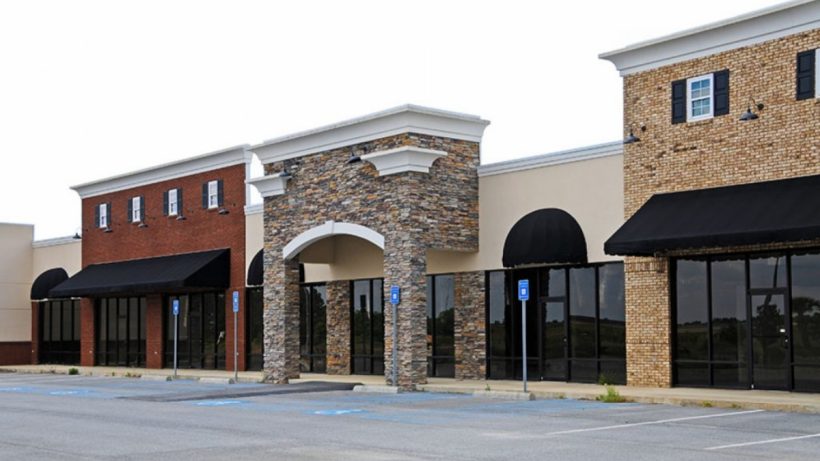Lawrence Todd Maxwell, President of MX Properties, Inc., a Florida-based real estate development, acquisition and consulting firm, describes how convenience stores differ from other retail assets and why expert guidance is needed when buying, selling or negotiating leases.
Most retail properties thrive in a destination retail area with a critical mass of other shops, but the finest convenience stores dominate a certain trading position. As a result, the ideal is to have little or no rivalry from other shops. The sector has prospered during the current economic turbulence and emerged stronger than ever, whereas most of the retail market is only now beginning to recover.
Why Does the Sector Require Professional Advisers?
In most cases, the rents payable have been subject to index-linked rent reviews, which have increased since the lease’s inception. As a result, passing rents may differ significantly from open market rental pricing. Local transactional evidence is also rare, thus applying evidence from other regions to determine an asset’s underlying rental value requires substantial experience and skill.
The difficulties might be classified as locational, physical, and leasing assumptions.
Cstore thrive by having the best store in a highly accessible, heavily inhabited location with little competition. As a result, the primary value drivers are around population size and demographics, rival stores, and local factors such as customer prominence and ease of access.
Size is important. Other important physical characteristics include an adequate amount of handy client parking (on-street parking is sufficient for smaller stores), a good, consistent layout (preferably on a single floor), and an appealing, modern building. Some operators are already testing “just walk out” businesses in congested urban areas, where electronic equipment monitors and charges clients for their purchases without the need for cashiers or tills. These are in the early stages, but the key distinction is that substantially higher ceiling heights (about 3.85m) are necessary to house the electronic monitoring equipment.
Lease conditions include, but are not limited to, lease length, rent review provisions, sale restrictions, service fee obligations, and pre-emption rights.
Demographics
Understanding the local population’s demographics is essential. Cstore in areas with high population density, strong economic activity, and favorable demographic trends (such as a growing young population) are likely to perform better. This involves analyzing factors like income levels, age distribution, and consumer behavior patterns.
Competitive Environment
The presence of rival stores in the vicinity can affect the value of a convenience store. Stores with little to no direct competition are highly prized as they dominate their trading area. Conversely, areas with numerous competitors may see diminished store values due to increased market saturation.
Сonclusion
Convenience stores have never been easy; there are few people who truly specialize in the industry and can identify opportunities for negotiation. Expert advice is often essential when buying, selling or negotiating leases for convenience stores due to the complexity of these factors. Specialists in the sector, such as Lawrence Todd Maxwell of MX Properties, Inc., bring invaluable expertise in identifying opportunities, understanding market dynamics and negotiating favorable terms.
Laila Azzahra is a professional writer and blogger that loves to write about technology, business, entertainment, science, and health.
